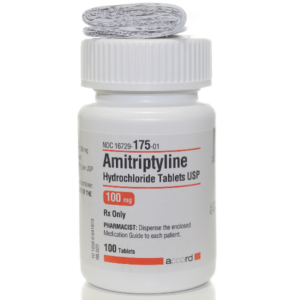FAMOTIDINE belongs to a class of medications called H2 receptor antagonists. Histamine binds to the H2 receptors present in parietal cells of the stomach and stimulates the production of acid. FAMOTIDINE bind to these receptors and blocks the histamine action. It also decreases the gastric secretion content. It also reduces the gastric secretion stimulated by food, caffeine, insulin, and pentagastrin. Caffeine, insulin (used in the treatment of diabetes), and pentagastrin (a synthetic drug that aid in diagnosing thyroid malignancy) stimulate gastric acid secretion.
FAMOTIDINE contains ‘Famotidine’, which acts as an antacid. It inhibits the H2-receptors present in stomach cells. It reduces the production of acid and the volume of gastric secretions. As excess acid can cause the inflammation of the oesophagus, stomach, and intestine, a reduction in the production leads to improvement in the symptoms and condition.
FAMOTIDINE must be taken in the dose and duration advised by the doctor. Sometimes, you may experience headaches, dizziness, constipation, and diarrhoea. Most of these side effects of FAMOTIDINE do not require medical attention and gradually resolve over time. However, if the side effects are persistent, reach out to your doctor.
FAMOTIDINE is not recommended for use in children and breastfeeding mothers. Do not take FAMOTIDINE if you are allergic to famotidine, other H2 receptor antagonists, or any other ingredients present in it. Before taking FAMOTIDINE, inform your doctor if you are taking prescription or non-prescription medications, including antacids, any nutritional supplements, or herbal products. Inform your doctor if you have any gastrointestinal problems, Helicobacter pylori (H. pylori) infection, lactose intolerance, or kidney diseases. Inform your doctor if you are pregnant or planning to become pregnant.












Reviews
There are no reviews yet.